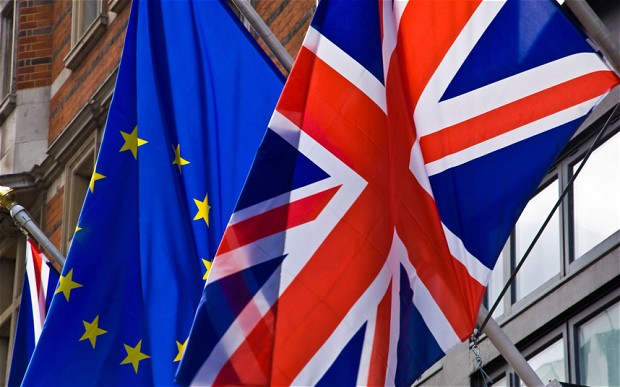By Dr Licia Cianetti, Lecturer in Politics and International Relations
Among the many articles and headlines I went through today to try and make peace with what just happened, one jumped out with particular strength: in explaining what went wrong with their prediction of a Remain victory, YouGov titled “Unexpected high turnout in Leave areas pushed the campaign to victory”. It has been noted already many times that yesterday’s referendum shows a picture of a country that is deeply divided along age, class and educational lines, with the “losers” of globalisation on one side and the “winners” on the other. While troubling, this is not very surprising for anyone who has been following British – or indeed European – politics in the past few years. And this is not what was caught my eye in the YouGov’s headline.
What got me thinking is this idea that the Brexit referendum brought to the polls (too) many “unexpected voters”. This for me points to perhaps one of the most baffling facts about the referendum campaign and the results: the fact that many people (more than the pollsters were able to see) have felt re-enfranchised by the Brexit campaign. A campaign that has been widely regarded as nasty, xenophobic, and misinformed succeeded in capturing the political imagination of communities that the major parties had more or less explicitly written off from democratic participation. The “unexpected voters” were from communities that had been regarded as largely disconnected from politics, at best seen as policy objects for more or less generous welfare policies, and at worse as the “underserving poor”, the target of quite a lot of disparaging coverage in recent years. While it might be tempting for some to write off these communities as irredeemably ignorant and racist, I believe that this would not bring us much closer to understanding what just happened. Farage’s triumphalism about the ‘victory for ordinary people’ is cynical on his part, but the sentiments it stirs are something to be reckoned with.
So what happened? Why the “unexpected turnout”? Of course there is no simple (or single) answer to this question. So this is not meant to be a full explanation of what made Brexit happen, but just a day-after reflection that I hope will be the start of a longer conversation.
The dream the Leave campaign has successfully sold is, all things considered, rather vague: a Britain that is great again, that controls its own borders, that gets its power back from Brussels’ faceless bureaucrats, that is at long last independent again. Countless articles have debunked most of the Leave claims and denounced the campaign’s hollowness. However, in a country in which many people feel disconnected and marginalised from a democratic process that seems rigged against them and from political parties that seem to be always speaking for somebody else, these vacuous slogans were uniquely powerful. Their very vagueness was their strength: different people could attach different grievances and hopes to them (no, “Brexiteers” are not an undifferentiated mass of racists). Xenophobia and nostalgia for the empire (see the constant dog-whistling about “strengthening the ties with the Commonwealth”) were definitely an important component. But so were grievances about housing, unemployment, low wages, benefit cuts, NHS and education troubles, uncertainty about the future, and the general feeling that the progress and prosperity vaunted by government after government is for “them” and not for “us”. Brexit offered those who felt they have been left behind a chance for voicing their frustration in a way that could not be neglected.
This is why the referendum was framed by the Leave camp – and is now being celebrated in many parts of England and Wales – as the reawakening (and revenge) of the ‘ordinary people’, the marginalised masses, against the ‘out-of-touch elites’. While this is a classic populist trope and there is little chance that it will result in progressive policies that will actually empower the marginalised, the message of discontent and defiance is clear. Now we can just hope that both the Conservatives and (especially) Labour will be not too distracted by their leadership squabbles to catch this message. One thing is sure though, this (pyrrhic) victory of the ‘ordinary people’ is a rude awakening for those of us who thought that mass re-mobilisation would have been under a social-democratic banner.
 Politics
Politics Anna Vanaga
Anna Vanaga 862
862



2 comments on “Brexit and the pyrrhic victory of the ‘ordinary people’”